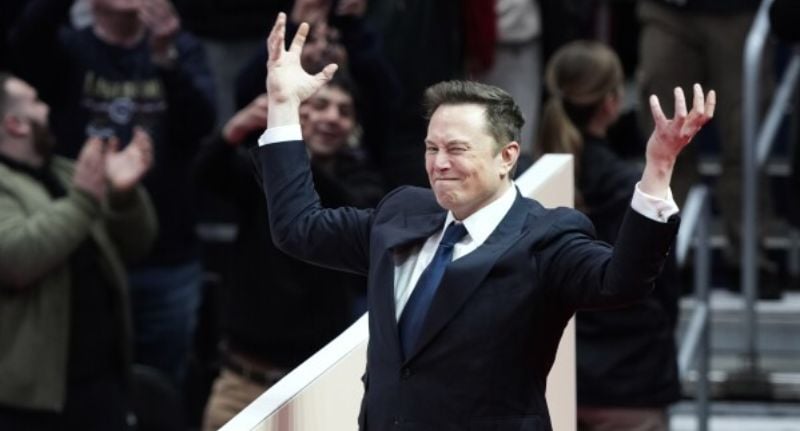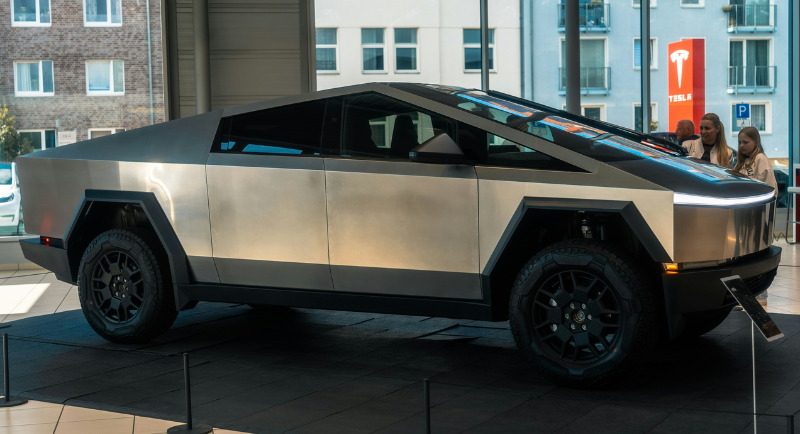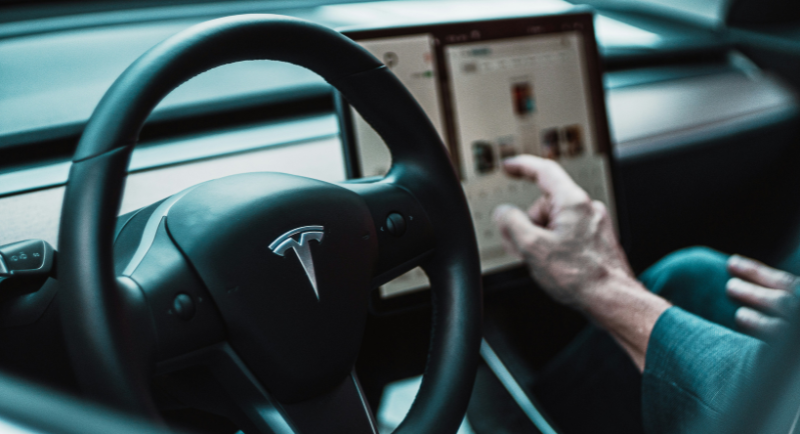By Cara McLeod, CEO of Mahlab
People who once championed Tesla cars as the way of the future are now hastily selling their cars at a loss. New sales are drying up.
What changed? As Tesla well knows, consumers don’t just buy on price or performance – they also buy on values. But if those values shift, or consumers decide they were fake to begin with, the consequences are real.

Cara McLeod
Perception is reality in brand loyalty
Values cut across many aspects of life and culture, bundling together in sets of beliefs. Brands appeal to those beliefs by projecting values of their own. Whether they’re about sustainability, fairness, or authenticity, those values can help brands command loyalty and premium pricing.
Patagonia’s steadfast commitment to environmental activism has earned it a cult following, for example. But values aren’t just a marketing play. If they shift, the backlash can be brutal. Offend people’s values and suddenly it’s very personal.

For millions of existing and potential customers, the perception of Tesla—or more precisely, its CEO—has shifted. Pictured: Elon Musk
Tesla’s changing symbolism
Since being bought by Elon Musk, Tesla has been associated with the push for a greener world. Spearheaded by a charismatic CEO, it was boldly challenging the fossil-fueled motor industry.
Indeed, Tesla still proudly says it is “accelerating the world’s transition to sustainable energy”. It’s a vision many bought into. Until recently, owning a Tesla signalled you cared about solving some of the world’s biggest problems. For many, that aspiration probably still holds true. But it’s no longer the whole story.
For millions of existing and potential customers, the perception of Tesla—or more precisely, its CEO—has shifted. Tesla’s conventional sedans have been overshadowed by the huge and aggressively-styled Cybertruck.
Even more importantly, the close association between the Tesla brand and its CEO has changed from being a valuable asset to, in many eyes, a significant liability. Green and tech credentials have been sidelined by Musk’s own values and beliefs.
In response, Tesla sales in many markets have gone off a cliff, a decline accelerated by an array of new Chinese competitors well-positioned to take advantage of any misstep. Worldwide, the number of new Teslas delivered in the first quarter of 2025 fell nearly 13% compared to the same period in 2024. In Australia, sales fell a catastrophic 60% over the same period.

Tesla’s conventional sedans have been overshadowed by the huge and aggressively-styled Cybertruck (pictured).
The cost of a brand identity crisis
To be seen as genuine, brand values have to be consistent. Bud Light’s infamous 2023 PR disaster wasn’t just about a partnership with a transgender influencer—it was about inconsistency. Bud had never positioned itself as either progressive or traditional.
By dipping a toe into cultural conversations without a clear position, it alienated both sides. The backlash was swift and Bud Light fell from first to third place in US beer sales and remains in decline.
Gillette’s “The Best Men Can Be” campaign was another high-risk move. The ad, which challenged toxic masculinity, was praised by some but criticised by others as preachy and alienating. Yet unlike Budweiser, Gillette stood by its message, aligning with a more progressive audience, accepting that it might lose some customers.
Intentionality was the difference. Bud’s move felt like marketing; Gillette’s a statement of values. When brands evolve with a clear, deliberate strategy, they can retain their core audience. When the shift feels accidental, reactive, or fake, trust diminishes.
Is what’s happening with Tesla and Musk the result of any deliberate corporate decision? It doesn’t feel like it. And for a large slice of the public, it doesn’t matter anymore. They’ve made up their minds, and the consequences are unfolding.
The balancing act of brand evolution
The best brands adapt to shifts in culture, technology, and consumer expectations. But evolution has to feel intentional – an extension of the brand, not a contradiction of it.
Know what matters to your audience
Beyond sustainability, Tesla may never have positioned itself as particularly progressive. But many of its buyers were, and it benefited from the association. Now, those customers feel betrayed. The best brands understand not just what people are buying, but why.
Separate product from personality
A strong leader is an asset, but when the leader becomes a brand’s defining feature, it creates risk. Tesla’s innovation once spoke for itself, but today, its public perception is largely shaped by Musk.
Stick to core values
Successful brands don’t chase trends or force reinvention. Instead, they reinforce the reasons customers already trust them. Companies that maintain clarity on their values can expand their audience without alienating their core. Abrupt pivots, on the other hand, can feel inauthentic and erode trust.

